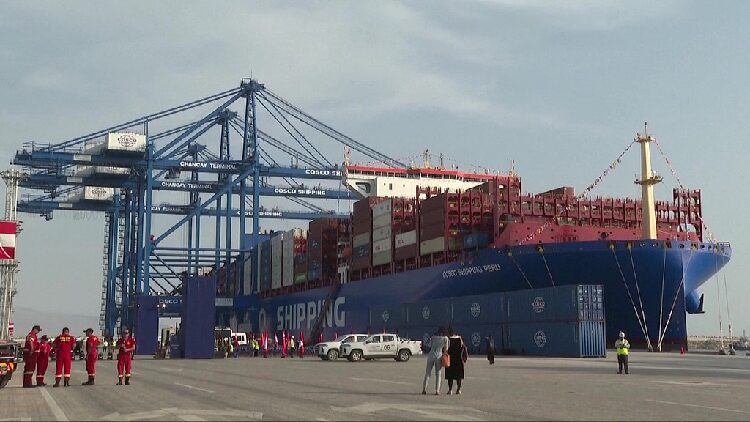By [Contributor], [Date]
The Monroe Doctrine, a nearly 200-year-old cornerstone of American foreign policy, appears to be resurfacing amid growing geopolitical competition in Latin America. As the United States and China vie for influence in the region, questions arise about whether the U.S. is reviving this historic policy to counter China’s expanding presence.
The Origins of the Monroe Doctrine
First articulated in 1823 by President James Monroe, the Monroe Doctrine was a declaration aimed at preventing European powers from further colonizing or interfering in the Americas. It asserted that any such actions would be viewed as hostile toward the U.S. Over the centuries, this policy has been invoked to justify various U.S. interventions in the region.
Renewed Focus on Latin America
In recent years, China has significantly increased its economic and diplomatic engagement in Latin America, investing in infrastructure projects, expanding trade relations, and fostering closer ties with countries across the region. This has raised concerns in Washington about diminishing U.S. influence.
U.S. Response and Policy Shifts
The U.S. has responded by reaffirming its commitment to the Western Hemisphere. While former President Donald Trump emphasized America’s interests in the region, current policies continue to address challenges such as migration, economic development, and security cooperation. There is a growing emphasis on strengthening partnerships and offering alternatives to China’s initiatives.
Implications for the Region
The resurgence of great power competition in Latin America places countries in a delicate position. Nations are seeking to balance relations with both the U.S. and China to maximize their development opportunities. The potential revival of Monroe Doctrine-like policies could impact sovereignty and foreign relations.
A Modern Interpretation?
While the Monroe Doctrine originally focused on European colonialism, its modern interpretation could be seen as a strategic move to counter any external influence perceived as a threat to U.S. interests. The key question is whether this approach respects the autonomy of Latin American nations and contributes positively to regional stability.
The Road Ahead
As the global landscape evolves, the actions of major powers in Latin America will significantly shape the region’s future. Cooperation, mutual respect, and recognition of each nation’s sovereignty will be crucial in navigating this complex environment.
Reference(s):
cgtn.com








